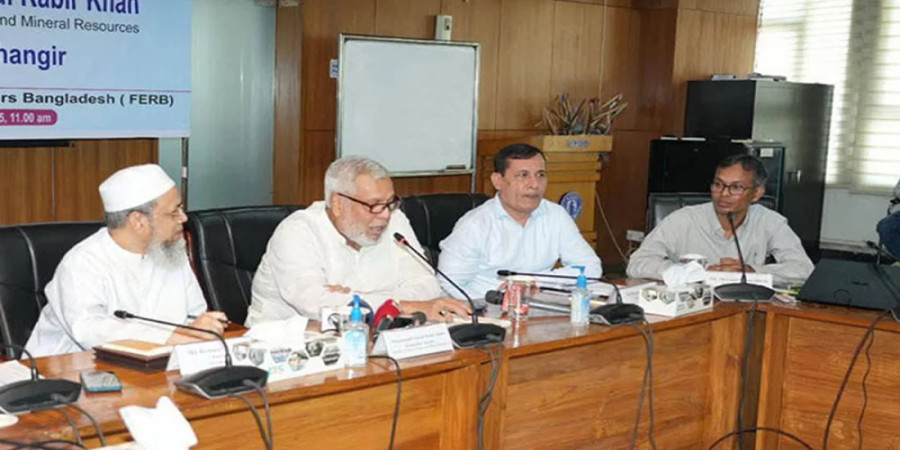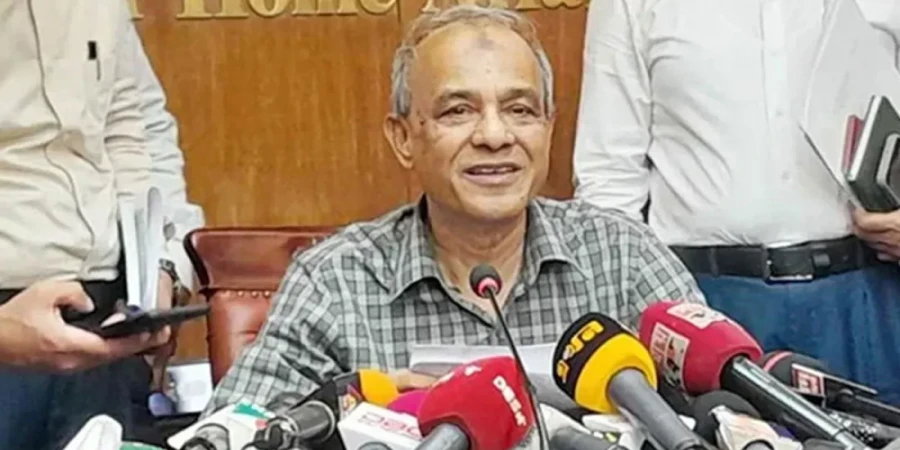
ছবি: Photo: Collected
The government's energy adviser, Muhammad Fayzul Kabir Khan, has stated that load shedding in both rural and urban areas will remain within tolerable limits this year. Speaking at a seminar titled "Seminar on Energy Crisis: Way Forward" held at Bijoy Hall of the Power Building on Saturday (April 26), he assured that although there will be no complete elimination of load shedding, it will be manageable, and there will be no distinction between the electricity supply situations in villages and cities.
Addressing the seminar, the adviser explained that Bangladesh currently generates 16,000 megawatts of electricity, yet a load shedding of 179 megawatts has been recorded. The national target for power generation stands at 18,000 megawatts. To bridge the shortfall, efforts are underway to import additional LNG and coal. Furthermore, the use of fuel oil will be limited to ensure optimal resource management.
Muhammad Fayzul Kabir Khan emphasized that although the economy was previously on a downward trend, it has now stabilized. He expressed optimism that the current energy demands can be managed efficiently. However, he clarified that it would not be realistic to promise a load shedding-free summer, though the inconvenience would be kept at a tolerable level. Importantly, he reiterated that no disparity would exist between rural and urban areas in the management of power supply.
In previous instances, the Rural Electrification Board (REB) had often initiated load shedding by cutting off electricity to rural areas first whenever there was a shortfall. This time, however, there will be no such differentiation, the adviser confirmed.
When questioned about the issue of increasing subsidies due to arrear payments, the adviser responded that several development projects were curtailed during the current fiscal year. This move helped in reducing unnecessary expenses, allowing the government to allocate savings towards clearing arrears. Looking ahead to the next fiscal year, he assured that there would be no pending arrears, implying that subsidy requirements would not increase but rather decrease. The government will focus on paying only for the amount of energy imported, ensuring more controlled spending.
repoter






